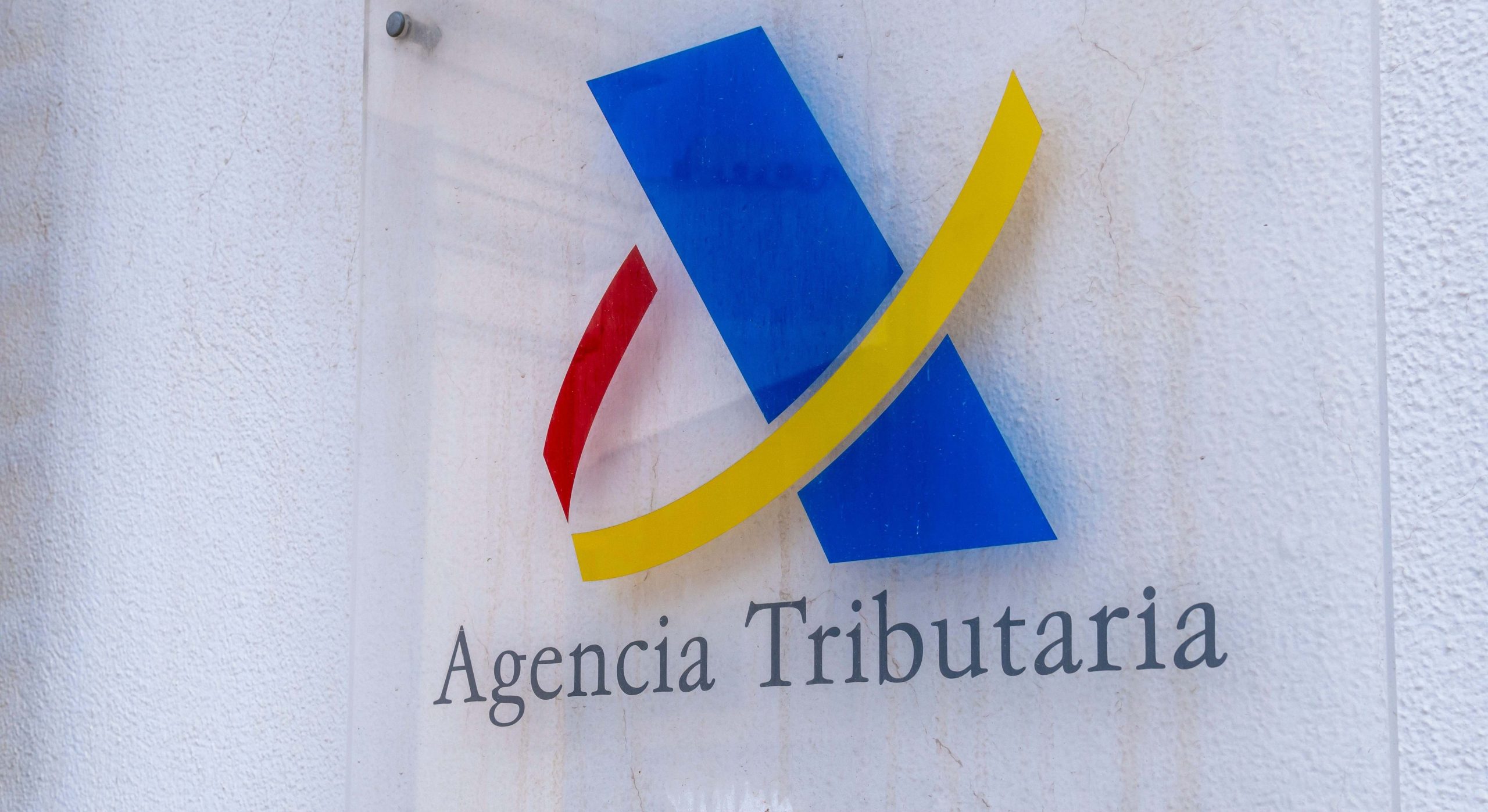The tax for non-European home buyers in Spain is a proposal that could change the real estate market and particularly affect foreign investors.
This tax aims to facilitate access to housing for national residents. However, it has generated intense debate about its constitutionality and its possible impact on foreign investment.
Would it Facilitate Access to Housing or Scare Away Investment?
The measure seeks to curb the purchase of homes by non-EU foreigners. The big question is whether this new tax would increase the supply for residents or cause a drop in international investment.
What Does the Tax on Non-European Home Buyers in Spain Consist Of?
This state tax would apply to the purchase of real estate in Spain by non-EU residents. It would also affect the creation or transfer of real rights over these properties.
Which Properties Are Affected?
The tax would focus on second-hand homes. New-build properties from developers, transactions subject to VAT, and certain transactions between businesses or professionals would be exempt.
Technical Details of the New Tax
Tax Base: How Is It Calculated?
The tax base would be calculated using the cadastral reference value of the property. If the declared purchase price is higher, the higher amount would be used.
Limited Deductions
Only charges that actually reduce the value of the property could be deducted. Debts, even if secured by a mortgage, would not be deductible.
Tax Rate of 100%
The tax would be applied to 100% of the taxable base, although it would be possible to deduct the Property Transfer Tax (ITP) paid in the autonomous community.
Practical Example: How Would This Tax Affect You?
Let’s say a Canadian citizen buys an apartment in Valencia for €600,000. Since this exceeds the cadastral reference value, the buyer would face an additional tax of €600,000.
From this, the ITP of about €60,000 would be deducted, leaving a total cost of €540,000 for this tax alone.
A buyer residing in Spain or the EU would only pay the €60,000 ITP, highlighting a potential discriminatory treatment.
Is This a Confiscatory and Discriminatory Tax?
Is It a Confiscatory Tax?
A 100% tax rate could be considered confiscatory and unconstitutional in Spain.
Does It Violate Free Movement of Capital?
The tax could violate Article 63 of the Treaty on the Functioning of the European Union, which protects capital movement even with non-EU countries.
Legal Precedents That Forced Spain to Rectify
Inheritance and Gift Tax
In 2014, the EU Court of Justice forced Spain to align tax rules for residents and non-residents. The Anti-Fraud Law 11/2021 later extended tax reliefs to non-EU residents.
Solidarity Tax on Large Fortunes
This 2022 tax initially excluded non-residents from the €700,000 exemption. The law was later amended retroactively to correct this.
An Uncertain Future for the Tax on Non-European Buyers
Given these precedents, it’s likely that the new tax for non-European buyers will be challenged at EU level. It may be deemed illegal and require revision.
Resitax: Experts in Real Estate Taxation in Mallorca
At Resitax, we help real estate buyers, sellers, and investors make sound decisions. We specialize in real estate taxation in Mallorca and assist both residents and non-residents.
If you’re considering buying or selling property in the Balearic Islands—especially Mallorca—our legal and tax advisors can help you navigate regulations and reduce your tax burden.
Learn more in our section on real estate law in Mallorca, where we explain how we support foreign buyers with secure and efficient property transactions.
At Resitax, We Offer:
- Tax advice for non-resident buyers
- In-depth analysis of tax implications per transaction
- Legal support throughout the buying or selling process
- Up-to-date guidance on tax and legal changes in Mallorca
We closely monitor all fiscal developments to protect your interests and help you invest safely in Spain.







